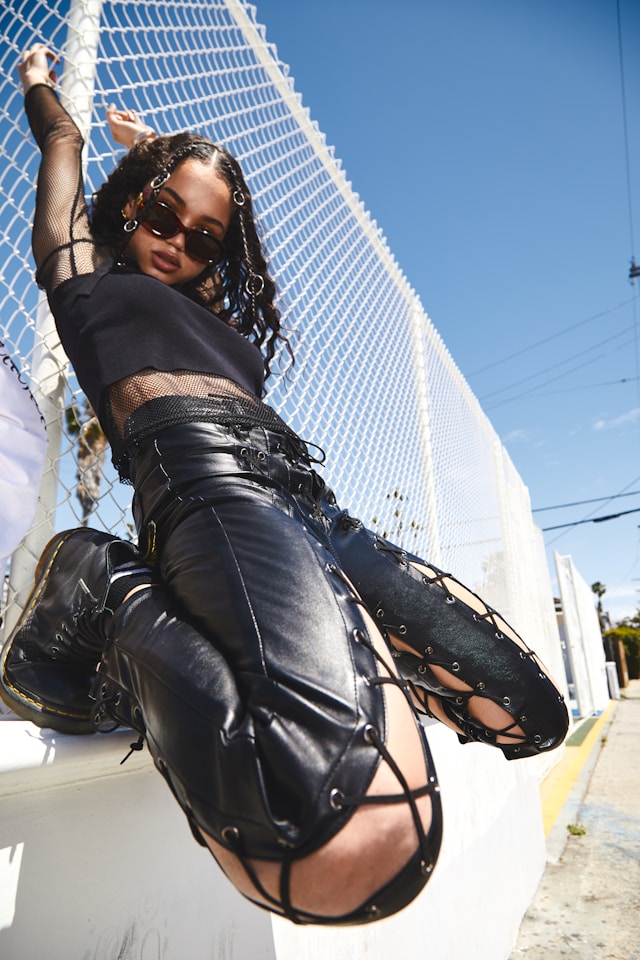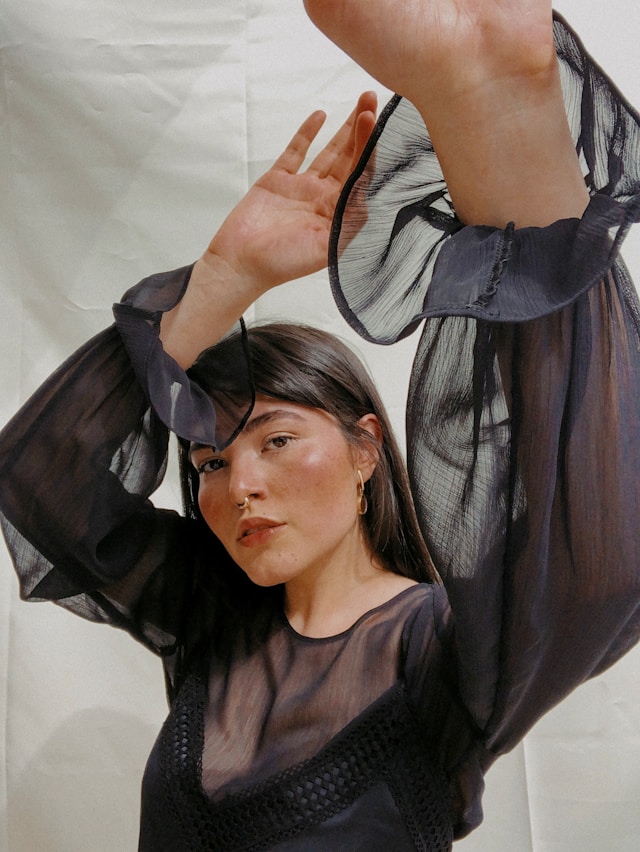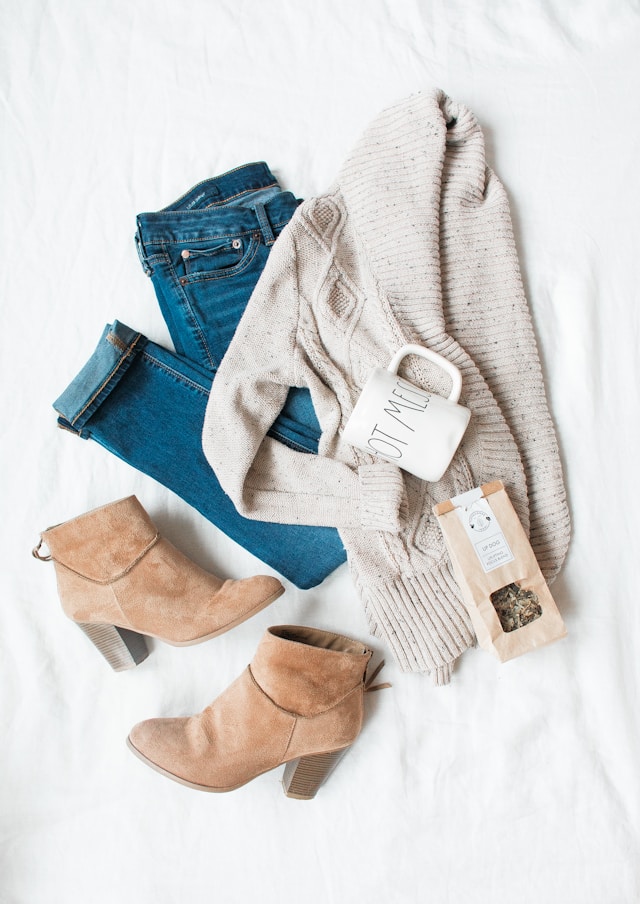2024-05-09 Eco Chic 451
The fashion world is a vast, diverse arena, often under the spotlight for all things bright and beautiful. However, in recent years, it has come to acknowledge its own darker shades too - particularly, its seemingly insatiable appetite for resources. This has culminated in the "Eco Chic" movement, a revolutionary trend that combines style with sustainability. The "Eco Chic" movement isn't a fleeting fashion fad. It is a response to the global environmental crisis and a call for ethical production practices. Where once fast fashion held its rule - prioritizing rapid turnover and high-volume sales - the indicators point to a sea change where sustainability takes precedence. This alteration is far from superficial. The industry is striving to embed environmentally-friendly attitudes into their ethos. From adopting renewable resources to abandoning harmful by-products, the tasks on their green checklist are plenty. And at its core, advocating for a less disposable attitude towards clothing. Recycled, upcycled, and circular materials are being given prime importance, making them no longer just the domain of niche boutique designers. Major labels are hopping onto the "Eco Chic" bandwagon, promoting clothing exchanges, repair shops, and resale platforms that encourage clients to rethink fashion consumption. Material consciousness has become a significant aspect of this movement. Organic fabrics such as hemp, bamboo, organic cotton and the use of recycled materials are now in demand. These preferred materials are a marked shift from traditional synthetic and non-biodegradable materials which have enormous environmental implications. Transparency is another crucial aspect. Consumers are increasingly curious about the origin and creation process of their garments. Brands adhering to "Eco Chic" values are thus compelling to provide a clear view of their supply chains, manufacturing process, and labor conditions. Radical change requires a collective effort, and the consumers are driving this transformation. No longer satisfied with just surface aesthetics, customers want their purchases to reflect their values. An eco-conscious lifestyle is slowly becoming the new chic, with ethical fashion not only in style but also serving a larger purpose. In essence, "Eco Chic" is about a shift from reckless consumption to a more aware approach. It is about acknowledging the power of consumer choices to inspire change. With each conscious decision we make, we bring about a small yet significant revolution, painting a greener future in the landscape of fashion. This is the crux of the "Eco Chic" movement - a revolution that is as stylish as sustainable.

Previous:Sustainable Chic A Style Revolution







